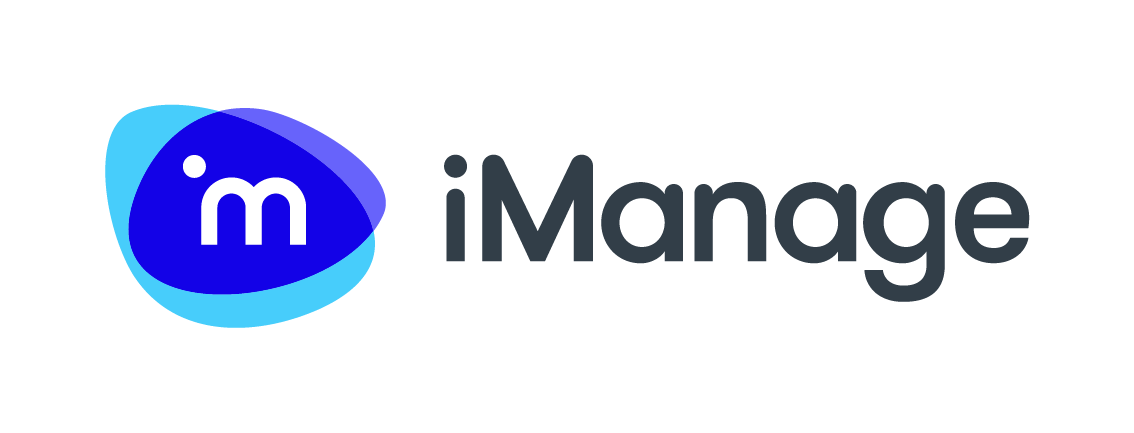Security doesn’t have to hinder knowledge sharing
The ‘need to know’ approach to security offered via iManage Work has gained significant traction in the law firm community.
Understandably so, law firms are often a target of cyber criminals and all manner of threat actors due to the nature of their work.
‘Need to know security’ ensures that only those individuals are granted access to information who are authorised to see it. Firms can institute multiple layers of security by setting up ethical walls to better manage authorisations. For instance, within a matter folder, it’s possible to establish access rights so that an individual sees only select documents and not the contents of the entire workspace.
Key to note here is that this does not and should not hinder knowledge sharing in the organisation. For instance, iManage Insight, a tool that leverages AI technology, can be configured and tailored to the needs of individual firms. To illustrate, a global firm can configure the solution so that initial searches only highlight the relevant titles of documents. So, a fee earner’s search for, say, the terminology ‘bankruptcy in Germany’ will list the titles of relevant documents only.
The individual can then gain access to any of those documents by requesting the author for authorisation to view with a click of a mouse. Alternatively, it could even be that the fee earner doesn’t really want access to the document, but via the search merely wants to identify the right individual to contact with expertise in bankruptcy in that jurisdiction.
Taking’ expertise’ identification a step further, the fee earner could search for the phrase ‘bankruptcy specialist in Germany’. Say the search throws up names of 10 lawyers. To enable the fee earner to identify the best fit for the requirement, at the click of a mouse, a graph instantly highlights the individuals’ experience, documents authored, connections across the firm and so on – based on which the fee earner can identify the lawyer who potentially might be the best fit for his/her requirement.
This approach to security ensures that while there is visibility of the knowledge residing in the firm, the information isn’t exposed to individuals without the correct permissions. This is especially pertinent to ensure that client data is secure and protected; and all this is possible because security is enabled at the meta data level of documents.
Today, it’s vital for law firms to have the highest levels of security. At the same time, due to the global and competitive business environment, it’s imperative that they are also able to harness the knowledge and expertise that often remains hidden in organisations. Steering away from a ‘one size fits all’ approach to security, ‘need to know security’ delivers the most sophisticated levels of content protection while facilitating knowledge sharing. Firms will do well to optimize this capability for business advantage.





About the author
Simon Pecovnik
Coming soon.